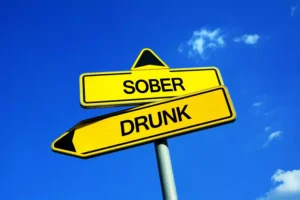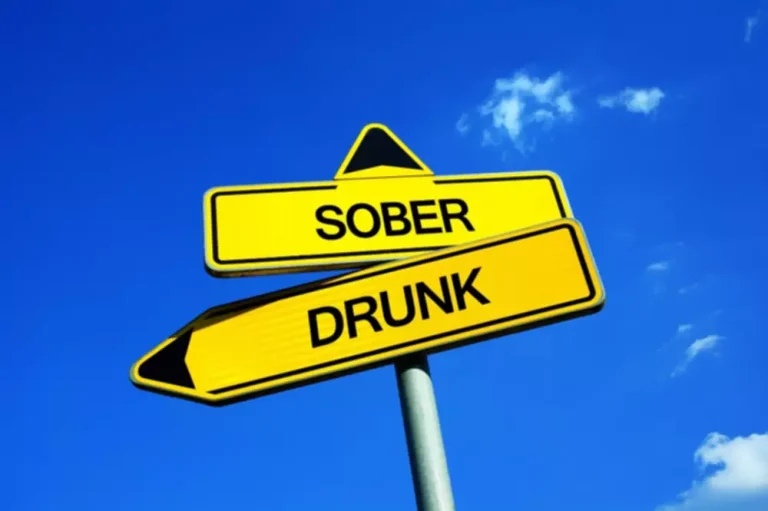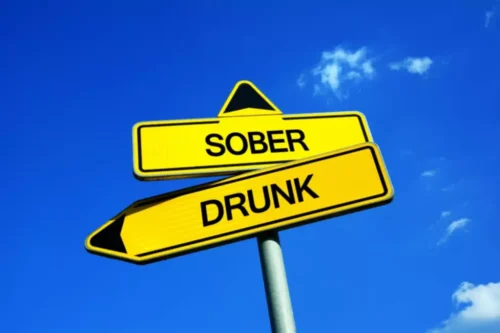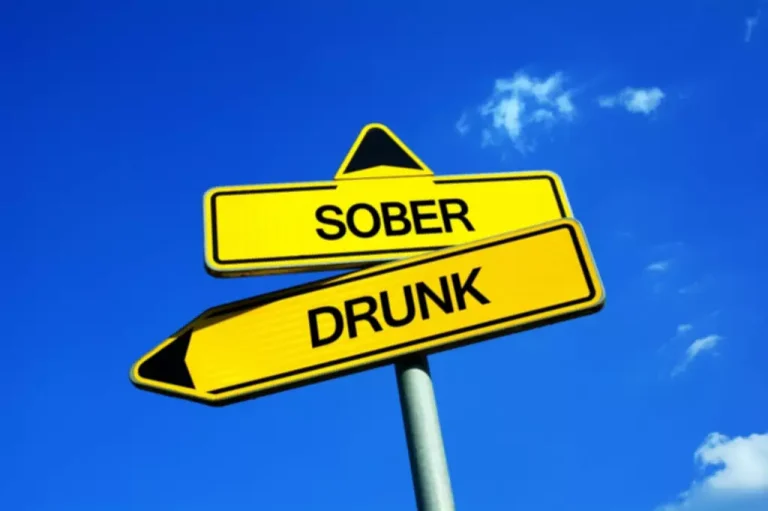
So it will focus on dealing with alcohol first rather than converting glycogen to glucose. Drinking alcohol can reduce your liver’s ability to regulate the release of carbohydrates into your bloodstream. When this happens, your blood sugar can drop too low, which is known as hypoglycemia. Eating food when you drink can help stop this from happening. On the other hand, if you have lots of food and then drink too much, your blood sugar can get too high. Your liver will choose to metabolize the alcohol over maintaining your blood glucose, which can lead to hypoglycemia.

Blood sugar levels creeping up Greetings and Introductions

Whether you enjoy walking, biking, or taking a hip-hop class, you may look forward to a nice, cool beverage afterward. And with the vast selection of energy drinks that come in so many flavors and colors, you have plenty of choices. But if you live with type 2 diabetes (T2D), energy drinks may not be your healthiest option. It’s important to note that studies tend to lean toward more benefits coming from light drinking, which would be no more than seven drinks a week.

Diagnosis Limbo Type 1 Diabetes
This article explains how alcohol affects blood sugar levels. It addresses some of the risks as well as some of the benefits of drinking alcohol when you have type 2 diabetes. It also provides guidelines for how to safely include alcohol in a type 2 diabetes diet (if you so choose). People with diabetes should be particularly cautious when it comes to drinking alcohol because alcohol can make some of the complications of diabetes worse.
Manage Your Diabetes Effectively

The main function of your liver is to store glycogen, which is the stored form of glucose, so that you will have a source of glucose when you haven’t eaten. When you drink alcohol, your liver has to work to remove it from your blood instead of working to regulate blood sugar, or blood glucose. For this reason, you should never drink alcohol when your blood glucose is already low.
- Both include slurring words, trouble with balance or walking, fatigue, and confusion.
- The risk for low blood sugar remains for hours after you take your last drink.
- If you have questions about your drinking or you feel like you should be drinking less because of your diabetes but you can’t stop, talk to your doctor.
- People who take insulin, in particular, therefore need to be wary of hypoglycemia.
- This can make it difficult to tell if you’ve had too much to drink or if your blood sugar is dropping to dangerously low levels.
By checking your glucose level regularly, you’ll know to stop if it drops too low. Alcohol can have an impact on blood sugar, and you should be aware of its effects. diabetes and alcohol blackouts Here are some facts on alcohol and the impact drinking has on the health and safety of a person with diabetes. Most diabetes medications work to lower your blood sugar (glucose) levels — and they’re particularly good at the job. Alcohol does the same thing, especially when consumed in larger quantities. Medical experts have determined that even moderate drinking increases health risks for everyone, but for people with diabetes it holds unique short- and long-term dangers.
- For people with diabetes, drinking alcohol can cause low or high blood sugar, affect diabetes medicines, and cause other possible problems.
- No content on this site, regardless of date, should ever be used as a substitute for direct medical advice from your doctor or other qualified clinician.
- Excessive or binge drinking is defined as having more than five alcoholic beverages in a two-hour time span for men, or four for women.
- Before drinking alcohol, be sure to explain the signs of low blood sugar to those with you.
- The term “Alcohol Intoxication” refers to the situation where a person is drunk and a huge amount or higher amount of alcohol is in his bloodstream.
Health News
- In these cases, it’s best to avoid alcohol and work with your doctor to get your diabetes under control.
- But if you have diabetes and want to enjoy happy hour, it’s best to take an approach that offers you some protection.
- Drinking too much may raise blood sugar and contribute to heart disease, nerve damage, or weight gain.
- Talk to your doctor if you have any questions, which may help you make an informed decision.
If you’re drinking, you may also be more likely to eat food that’s high in added sugar or fat or fried and processed food. It’s important to keep healthy snacks, such as popcorn, fruit, or vegetables, on hand. Drinking moderately in accord with the recommended guidelines, should definitely not be ruled out. Some alcohol, red wine in particular, may even offer health drug addiction benefits, not that that means you should take up drinking. Talk with your provider if you or someone you know with diabetes has an alcohol problem.

Comentarios recientes